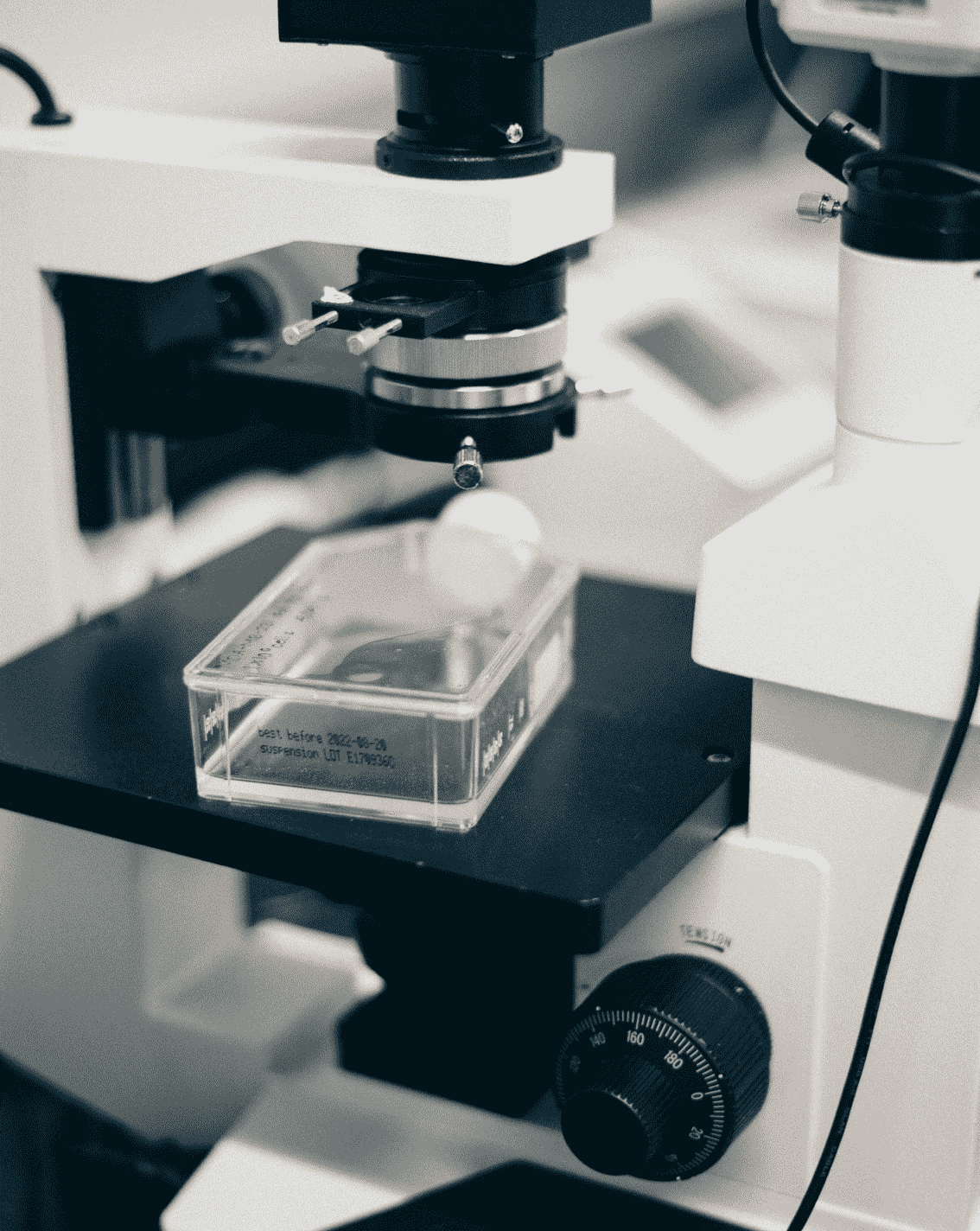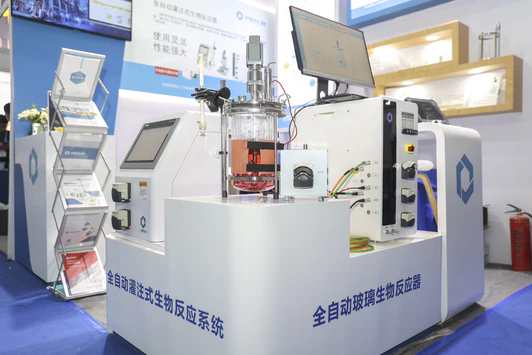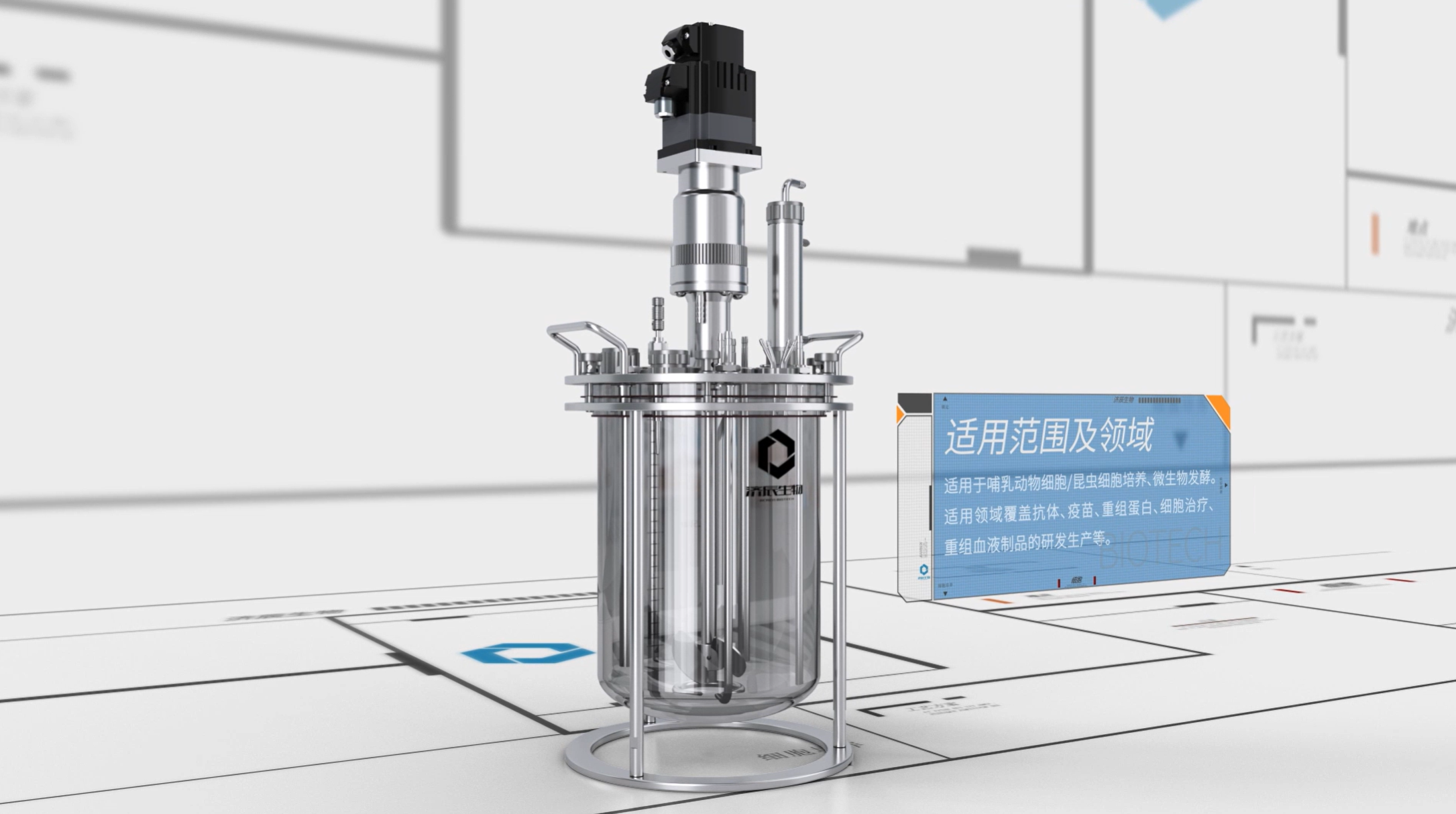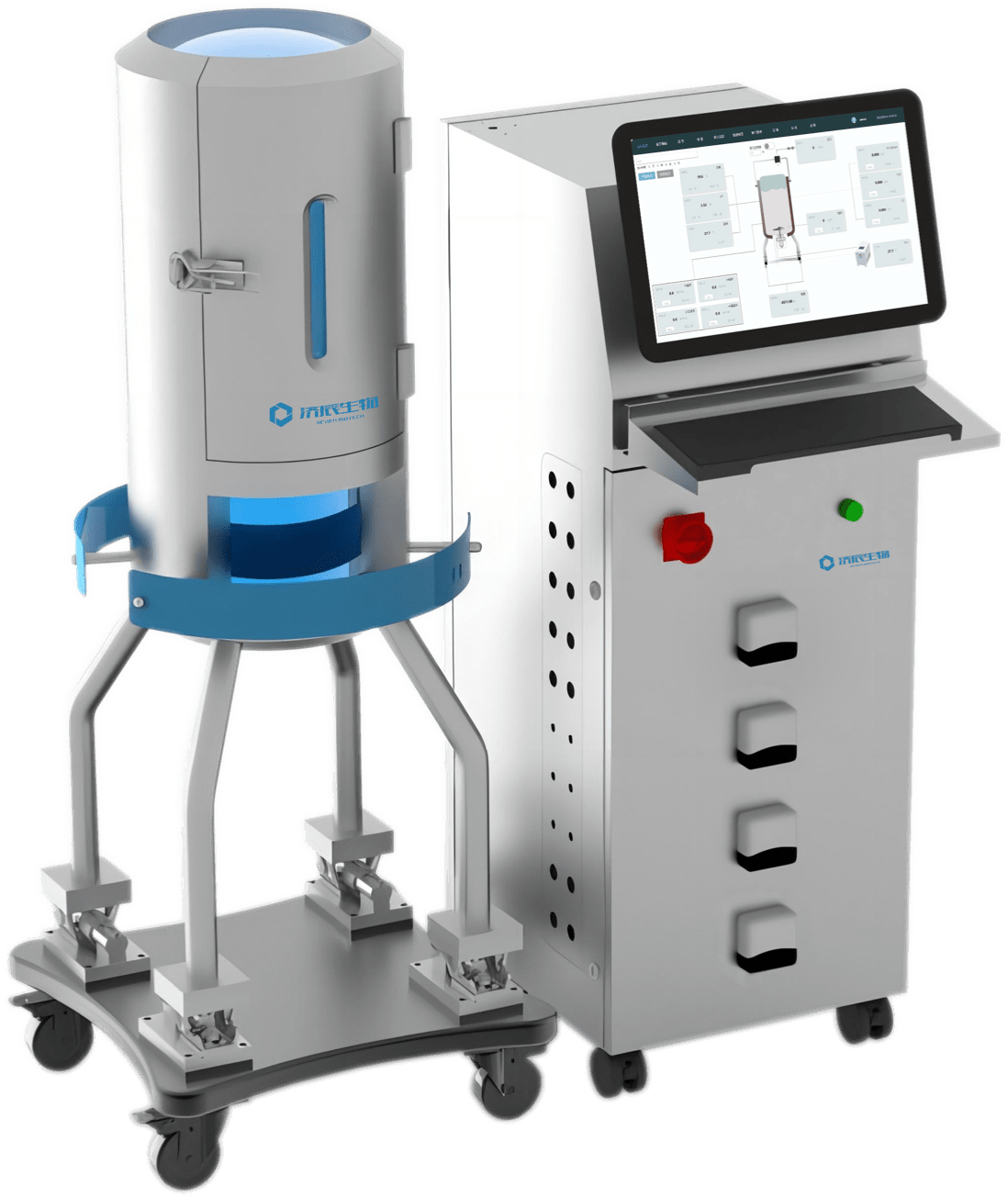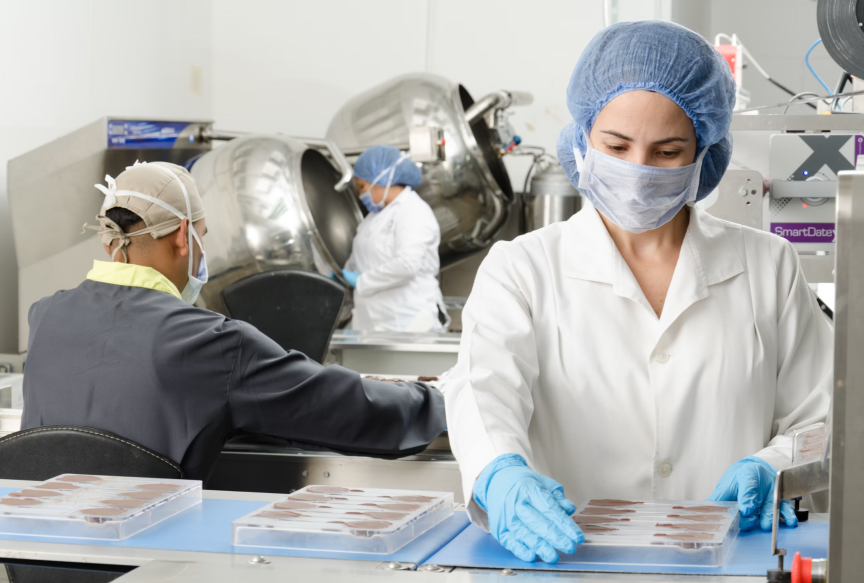The biopharmaceutical industry is one of the most promising fields in the 21st century, which is based on biotechnology and provides unprecedented therapeutic means for human health. With the expanding market demand, production efficiency and quality control of biopharmaceuticals have become the key to the development of the industry. Process automation is playing an increasingly important role in the biopharmaceutical industry as an important means to improve production efficiency and guarantee product quality. In this paper, we will discuss how process automation can promote industrial change in the biopharmaceutical industry from the perspective of technological innovation.
Technological innovations of process automation in the biopharmaceutical industry
1. Intelligent Control System
The application of intelligent control system in the biopharmaceutical production process makes the production process more accurate and efficient. By using advanced artificial intelligence algorithms, real-time analysis, prediction and optimization of production data can be achieved, greatly improving the controllability of the production process.
2. Robotics
Robotics is increasingly used in the biopharmaceutical industry, from laboratory automation to production line operations, robots are able to complete complex, delicate and highly repetitive tasks, effectively reducing human error and improving production efficiency.
3. Continuous production process
Traditional biopharmaceutical production mostly adopts the batch production method, while the realization of continuous production process is due to the advancement of process automation. Continuous production enables an uninterrupted flow of materials, reducing production cycles and increasing yields.
4. Data analysis and management
Process automation generates a large amount of data, and through efficient data analysis and management systems, companies can better monitor the production process and perform quality control, as well as provide data support for R&D and decision-making.
Process automation drives the transformation of the biopharmaceutical industry
1. Production mode shift
The application of process automation has driven the biopharmaceutical industry to shift from the traditional batch production mode to the continuous production mode. This not only improves production efficiency but also reduces production costs.
2. R&D Efficiency Improvement
The application of automation technology has made the R&D process faster and more precise, and the cycle time of a new drug from the lab to the market has been greatly shortened, accelerating the launch of innovative drugs.
3. Quality control upgrade
The high precision and stability of automated systems provide a strong guarantee for the quality control of biopharmaceutical products and reduce the risk of product quality.
4. Industrial layout optimization
Process automation promotes the optimization and upgrading of the biopharmaceutical industry chain, and enterprises can focus more on the enhancement of core competitiveness while outsourcing their non-core business to partners with high automation.
Challenges and Strategies
1. Challenges
- Long Return on Investment (ROI) Cycle: Automation transformation requires a huge amount of investment and has a long return on investment cycle.
- Rapidly updated technology: Automation technology is rapidly changing, and companies need to keep up with technological developments.
- Lack of talents: the supply and demand of automation professionals in the biopharmaceutical industry is not balanced.
2. Coping strategies
- Policy support: The government should introduce relevant policies to encourage enterprises to carry out automation transformation, provide financial support and tax incentives.
- Industry-university-research cooperation: Enterprises should cooperate with universities and research institutes to jointly research and develop automation technologies suitable for the biopharmaceutical industry.
- Talent cultivation: Enterprises should pay attention to internal talent cultivation, and at the same time, cooperate with educational institutions to cultivate composite talents with knowledge of biopharmaceuticals and automation.
Process automation is an inevitable trend in the development of the biopharmaceutical industry, which not only brings about the enhancement of productivity and product quality, but also promotes the transformation and upgrading of the whole industry. In the face of challenges, enterprises should actively embrace technological innovation, strengthen personnel training, and take automation as an opportunity to realize the sustainable development of the biopharmaceutical industry.
